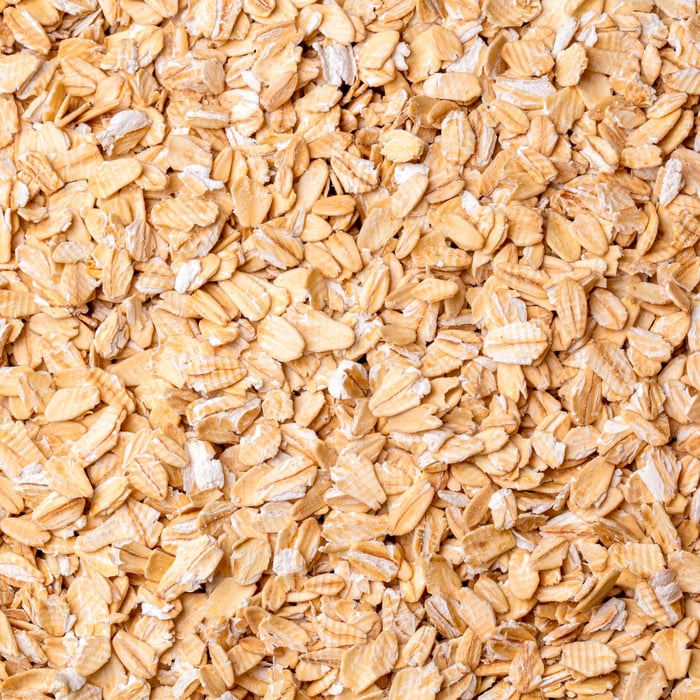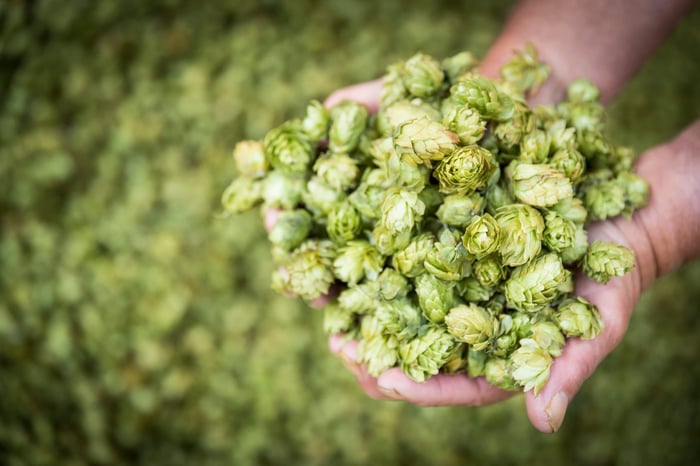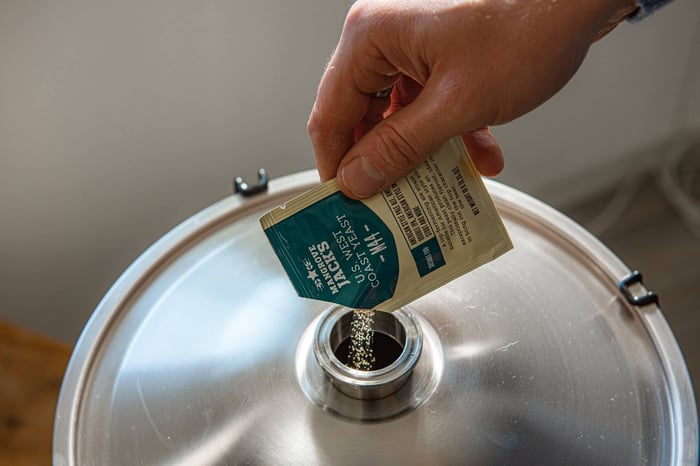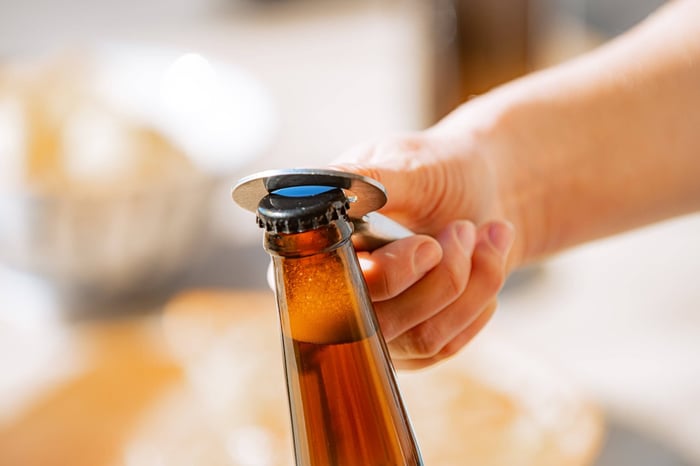Ever wonder why some beers feel like velvet on your tongue while others seem thin and watery? The secret might just be sitting in your breakfast pantry. That's right – we're talking about oats, one of brewing's most underrated game-changers.
Now, before you roll your eyes thinking we're about to push some fancy ingredient on you, hear us out. Oats aren't just another brewing fad. They're what we call an adjunct – basically any non-malt ingredient that brings fermentable sugars to the party. And yes, we know adjuncts get a bad rap thanks to the corn and rice shortcuts used in mass-produced lagers. But dismissing all adjuncts because of those examples? That's like swearing off all pizza because you had a bad frozen one once.
Why Oats Are Your New Best Friend
Here's the deal: oats are absolutely fantastic at creating that rich, creamy mouthfeel that makes you go "mmm" after every sip. They're loaded with starches and beta-glucans (think of them as nature's thickening agents) that stick around after fermentation, giving your beer serious body and that silky texture craft beer lovers rave about.
The sweet spot? About 10% of your grain bill. That's where you'll start noticing oats working their magic, especially in darker beers like stouts where they add a smoother, slightly sweeter character that balances out roasted bitterness perfectly.
But here's where it gets interesting – some brewing experts suggest you might need up to 18% oats before that signature silky mouthfeel really shines through. Of course, there's a catch (isn't there always?). Load up with too many oats and your mash might turn into something resembling thick oatmeal, making lautering about as fun as watching paint dry.
Pro tip: Include a beta-glucan rest at 104-122°F for 30 minutes. This breaks down those gums that can gum up your works (see what we did there?) and keeps your brew day running smoothly.
Your Oat Options: Pick Your Fighter
Instant Oats from the Grocery Store - Yep, the same stuff you eat for breakfast works perfectly in beer. Instant oats have already been gelatinized, so you can toss them straight into your mash. They're cheap, easy to find, and work like a charm.
Malted Oats - These work just like any other malted grain – they've got their own enzymes and convert nicely. Still worth doing that beta-glucan rest though, trust us on this one.
Whole Oats (The DIY Route) - Raw oats need a little extra love since they haven't been processed. You'll need to do a cereal mash – sounds fancy, but it's really just cooking oats with some base malt. Mix your oats with 30% base malt (you need those enzymes), add enough water to keep things loose, heat to 158°F, and hold for 5-10 minutes. Then dump the whole thing into your main mash. Easy peasy.
Beyond Stouts: Getting Creative with Oats
Don't box yourself into thinking oats only belong in dark beers. That creamy texture can work wonders in pale ales and IPAs, creating what we like to call a "pillowy" mouthfeel that makes hop-forward beers drink like liquid heaven.
Recipe Spotlight: Hop-Forward Oat Ale
Ready to put theory into practice? This recipe showcases how oats can transform a pale beer:
Vital Stats:
- OG: 1.053
- FG: 1.015
- SRM: 4.3
- IBU: 49
- ABV: 4.8%
Grain Bill:
- 8.8 lbs Maris Otter (77%)
- 2 lbs Flaked Oats (17%)
- 0.66 lbs Wheat (6%)
Hop Schedule:
- 0.63 oz Magnum @ 60 minutes
- 1.76 oz Simcoe @ flameout
- 1.76 oz Citra @ flameout
- 1.76 oz Ekuanot @ flameout
- 2.46 oz Citra – dry hop
- 2.46 oz Ekuanot – dry hop
Mash: Single infusion at 149°F for 60 minutes
This beer strikes an amazing balance – the oats provide that creamy backbone while the hops deliver tropical fruit flavors that seem to float on your palate. It's like drinking a cloud of citrusy goodness.
Ready to dive into oat brewing? Your taste buds (and your friends) will thank you. And hey, if you run into any snags along the way, we're here to help – because nothing beats the satisfaction of nailing that perfect, silky brew.
Shop Grainfather USA store for all your oat brewing needs
Grainfather Team





